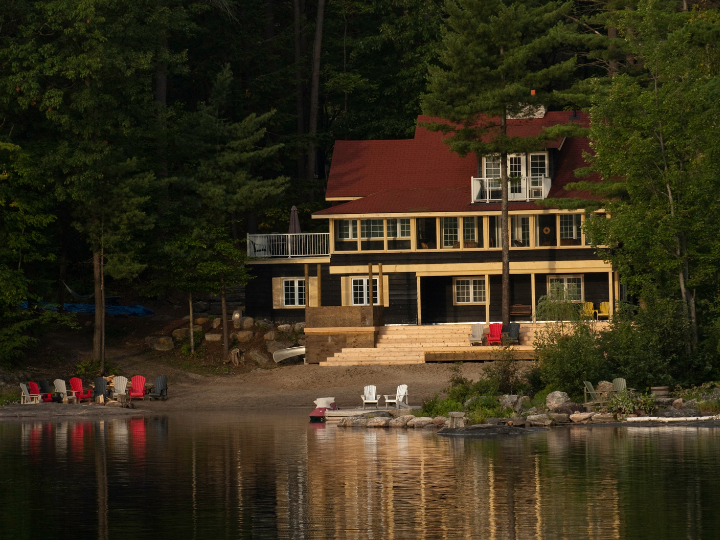Have you ever heard of Sewer Back Up? Probably not. When you sign up for an insurance policy, you might not know to ask to include coverage for a sewer back up, but you need it nonetheless. Usually, floods are best known for extensive water damage to your property, furniture and fixtures. While a home insurance provider would offer coverage for water damage by floods, sewer back up is usually not included initially in the policy.
What is Sewer Back up?
Even if your property is not directly affected by floods, they can still damage your house and other equipment by causing a sewer back up. This causes the sewage water to flow backwards. A sewage water damage is much more difficult to handle as it is unhygienic and costly to repair. Sewers contain waste and contaminated water, and being exposed to such an atmosphere can put you and your family at a considerable risk of health diseases respiratory disorders and allergies. Sewer back up is caused by various reasons such as:
Blockages due to waste or tree roots
Often moisture or rain can cause shrubs and trees to grow around the sewerage lines which can severely damage the drainpipes. Shrubs can easily penetrate into the small cracks in pipes and with constant supply of water they continue to grow and enter the drainpipes to block the flow of water. Trees grow stronger with age and if the roots make their way to the sewerage line, they may expand over and block the drainpipes. Over time, the growing shrubs and trees can block the drainpipes resulting in a sewer back up.
Blockage in the Main Sanitary System
A sewer back up can be the result of blockage in the main sanitary system. A clog in the pipelines which restricts the flow of wastewater can be caused, due to buildup of:
- residue
- mold
- fungus
- waste material
Due to lack of regular maintenance and sealed pipelines, it would be difficult to conduct regular inspection or removal of buildups, which ultimately results in a sewer back up. Due to lack of a passageway, the sewerage water is clogged in the system and flows in a reverse direction: towards your home instead of away.
Flooding in the Basement
If your basement is not waterproofed, the chances of rainwater or other sources of water causing it to flood are high. Water accumulated in your basement would be a mighty task to clear. Your regular sewerage water is likely to buildup due to limited flow of water. The entire process can result in a sewer back up due to over flooded drainpipes.
Excessive Rain
A city’s entire sewerage network is interconnected. While it is efficient to drain sewerage water from all sources into the dumpsite collectively, the problem arises when the pipeline is overloaded from excessive rain. Abundant rainfall overloads drain pipes, causing a bottleneck. As every drainage-system has a certain limit with regards to the flow of water, an excessive supply of water or wastewater would create irregularities resulting in a sewer back up.
What are the repercussions of sewer back up?
Sewer back up can cause a significant financial loss to your home and business. Additionally, it can cause several health risks to you and your family. Even though your home insurance policy would provide you financial relief for the losses, the process can be tedious for your family or business. Here are some challenges you might face due to a sewer back up.
Furniture Damage
A sewer back up can damage your furniture and upholstery, sometimes beyond repair. Seepage water has a bad odor, which would not only leave your home and furniture with an unpleasant smell, but also stain your assets. Often, the only solution is to replace the entire furniture which requires time and money.
Health Issues
Seepage water is often contaminated with various viruses and exposure to such a scenario can result in complicated diseases. This would not only result in unexpected medical bills, but create a stressful environment for the whole family.
Loss of Sentiments
Sometimes, there are souvenirs and mementos that are of significant emotional value and cannot be replaced by financial compensation. Sewer back up can result in loss of such mementos which may be of significant value to you or your family.
How to take precautionary measures against sewer back up?
The first step towards safeguarding yourself from a sewer back up is to check your homeowners insurance policy for the coverage. If not, ask your insurance broker if your policy includes coverage for sewer back up. Duliban insurance can easily add coverage against a sewer back up to your existing policy.
Additionally, you need to ensure the following are in place to avoid inconvenience in case of a sewer back up:
- Basement: check your basement for any water leaks and carry out repair works if needed to avoid inconvenience during rainfall.
- Sewerage Lines: Inspect your sewerage lines every three months for blockages and carryout the necessary maintenance works.
- Water resistant fixtures: If you are in a flood prone region, it is recommended to use furniture and fixtures that have some sort of water resistance.
- Electrical outlets: Always place your electrical outlets above ground to avoid electrical failures in case of a sewer back up.
For more information on sewer back up coverage, or anything else regarding your insurance needs, call us at 1-(855)-385-4226 or email us at [email protected].












